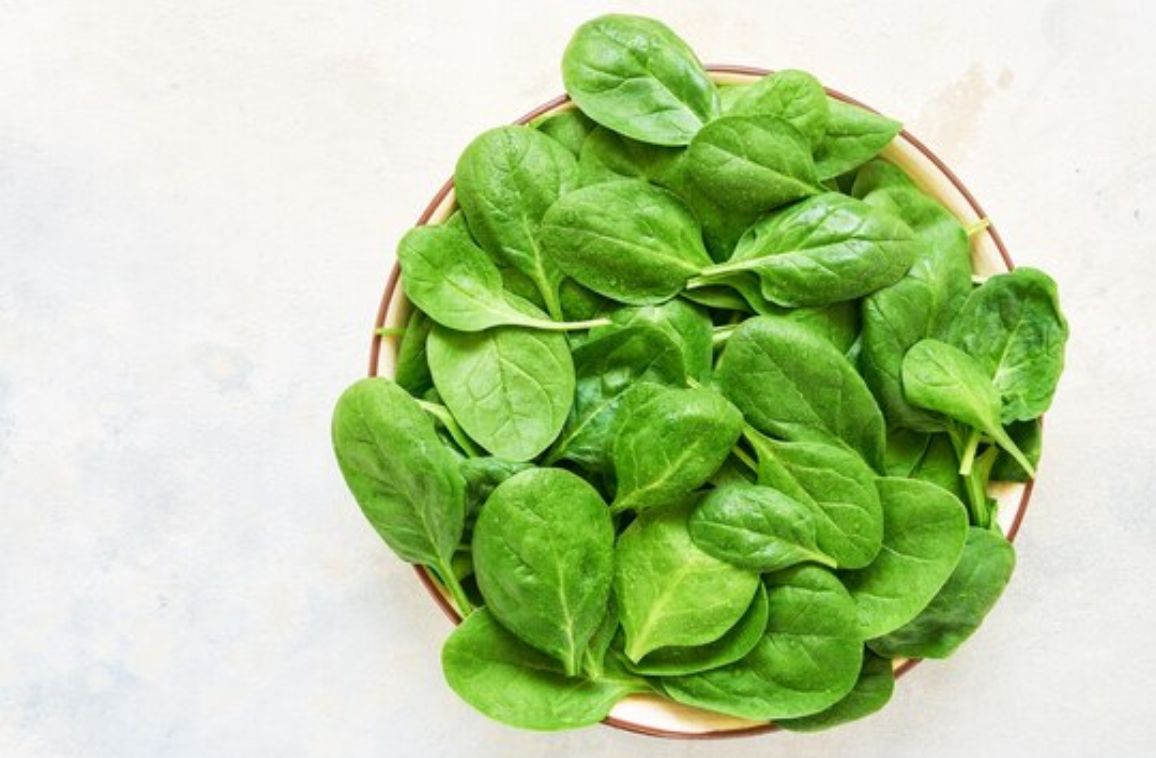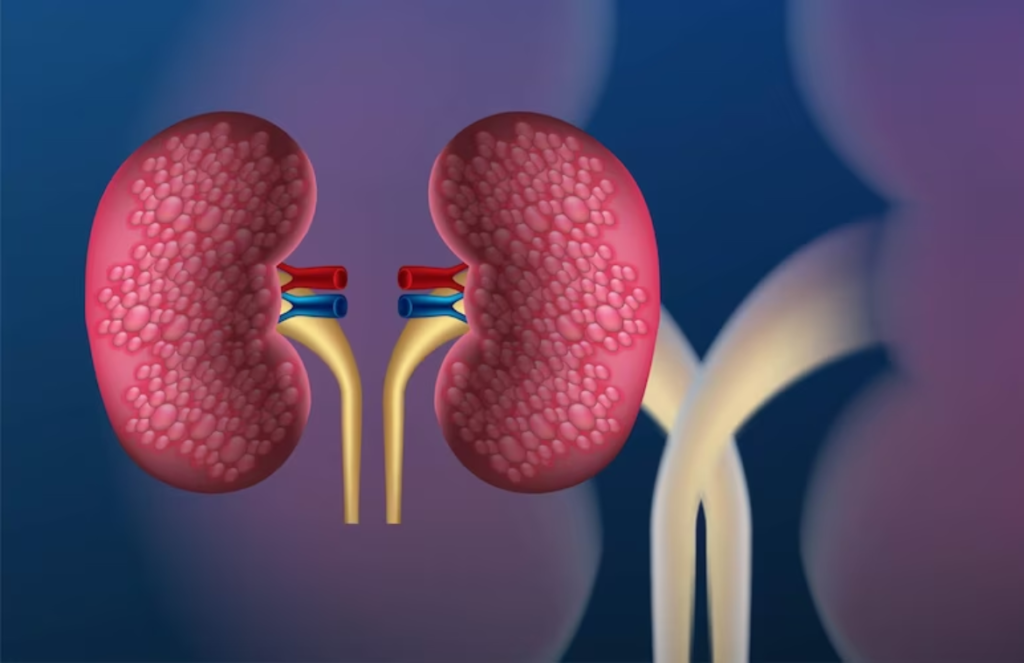A healthy winter diet and, of course, winter nutrition tips are essential to staying well and warm in the cold weather. It is important to eat a variety of foods to boost one’s health in winter and also to ensure that the person is getting all the essential nutrients the body needs.
As days are getting shorter and the nights are getting longer, naturally it is winter time. Every season has its challenges, and winter means having a better immune system.
Winter means comfort, warmth, and cuddling up with loved ones, but yet concentration has to be on good health.
That means it’s time for a healthy winter diet to survive those long, dark evenings without gaining weight!
Diet matters in wintertime for a better immune system and also higher energy levels. How does a person achieve this? By simply adhering to winter nutrition tips like healthy eating.
1. Start the day with porridge
Creamy porridge with natural yogurt, stewed fruit, and nuts is the perfect winter breakfast. Add cinnamon to trigger one’s brain into feeling full so the person will eat less during the day. It is also great for getting fiber, energy-boosting iron, zinc, potassium, and antioxidants.
2. Add fish to the diet
Salmon is indeed full of protein and healthy fats as well. It is also a great source of Vitamin D, which boosts the body’s ability to absorb calcium for strong bones and teeth. Fish can rather provide several benefits, like increased energy and also mental focus.
Fish does provide omega-3 fatty acids, which can lower bad cholesterol and also improve circulation.
3. Eat more seeds and also nuts
Walnuts, sunflower seeds, flaxseeds, pumpkin seeds, chia seeds, and hemp hearts are all high in omega-3s—essential fats that boost heart health and also protect the body against inflammation, which is linked to several chronic diseases. They are also a good source of magnesium, which is beneficial for a healthy immune system.
Pumpkin seeds are indeed a good source of magnesium, which is an essential mineral that people lack. They also contain tons of protein. Nuts and seeds provide fiber, zinc, iron, calcium, vitamin E, and magnesium, which are useful for heart health.
4. Protein from pulses
Dried beans, peas, and lentils are a few of the best sources of plant-based protein around. They are full of fiber, antioxidants, vitamins, and minerals, and they also soak up flavors and thus taste good in curries and soups.
5. Salads and also healthy snacks
Eating a rainbow of fruits and vegetables will help protect one’s body against illness, reduce inflammation, boost energy levels, regulate digestion, and also keep blood sugar stable. Having a large amount of salad every lunchtime with breadsticks or rice crackers for extra fiber. Add seeds, nuts, beans, and also cheese for protein.
6. Choose fruits and veggies rich in vitamin C
Vitamin C fights against inflammation supports the immune system, and also protects it from damage. A few of the best sources are kiwis, bell peppers, tomatoes, broccoli, strawberries, oranges, lemons, and papaya.
7. Look for sources of zinc, like spinach
Zinc can rather be found in several types of food, but spinach is a good source. It can rather boost testosterone levels and also sperm health, which is perfect for men who are trying to conceive.
Spinach is rather full of fiber, zinc, and vitamins C and A. This nutritious veggie can protect an individual against cancer, reduce inflammation, improve eye health, aid digestion, as well as boost immunity.

Other good sources happen to be almonds, sesame seeds, pumpkin seeds, oysters, beefsteak, and also chicken breast. Lobsters are also an excellent source of zinc as well as other nutrients.
Conclusion
The best way to protect the immune system is to eat well and stick to the winter nutrition tips mentioned above. Eating a diverse diet that includes nutrient-rich foods will indeed help keep the person healthy and also strong this winter. A few of these include fish, spinach, pumpkin seeds, nuts and seeds (especially almonds), avocado, basil, ginger, and cinnamon.















